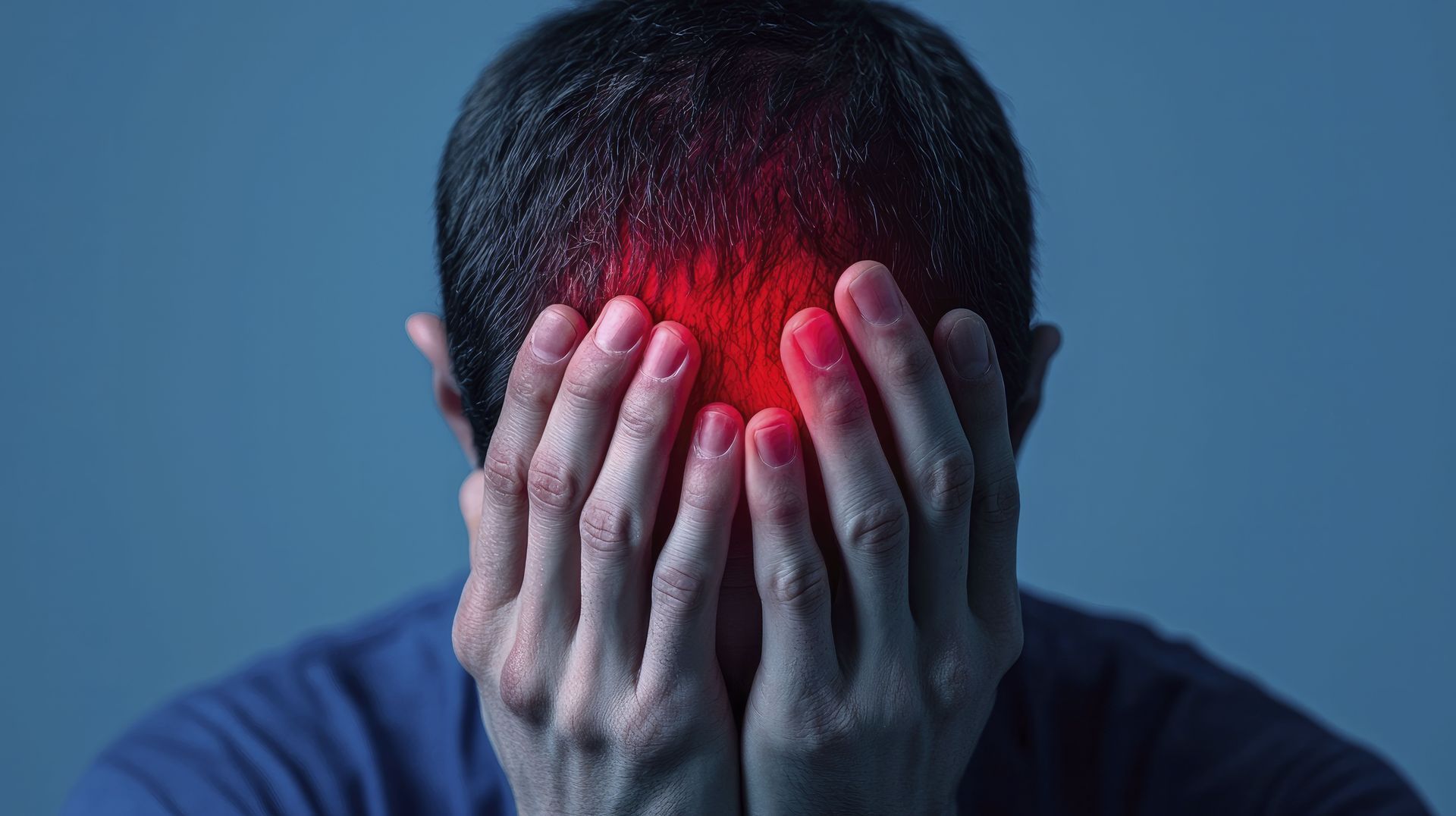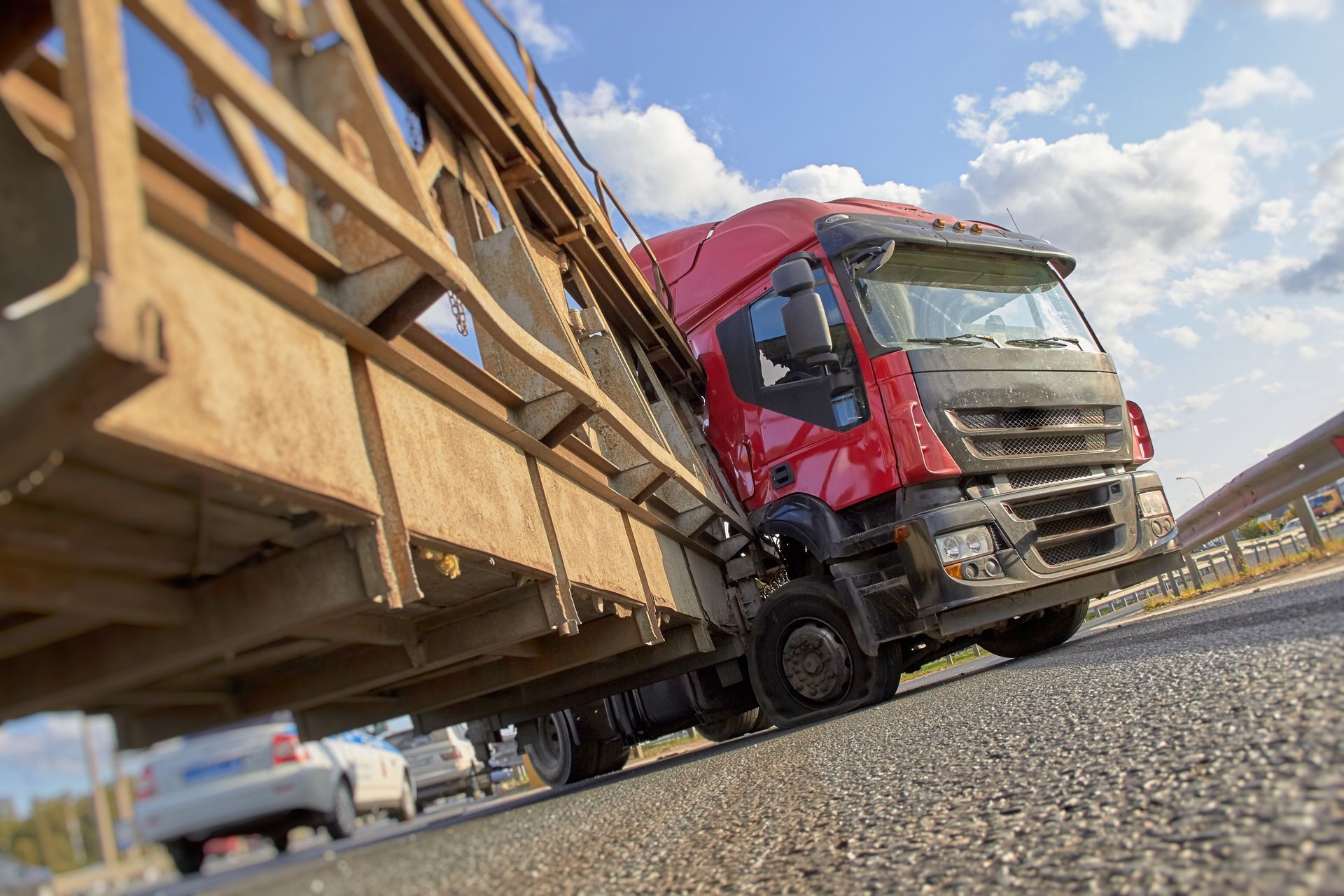The Psychological Impact of Truck Accidents

When people think about truck accidents, they often focus on the physical injuries and property damage. However, the emotional and psychological toll of being involved in such a traumatic event can be equally, if not more, devastating.
The psychological impact of truck accidents can manifest in various ways, affecting not only the victims but also their families.
The Immediate Psychological Impact
Immediately following a truck accident, individuals often experience a range of intense emotions. Shock, disbelief and confusion are common initial reactions. The sheer size and force of a truck can make the experience particularly terrifying, leading to an overwhelming sense of vulnerability and helplessness.
Common Psychological Responses
- Acute Stress Disorder (ASD): In the days and weeks following a truck accident, many people may develop acute stress disorder. Symptoms include intrusive memories of the accident, flashbacks, nightmares and severe anxiety. Individuals might also feel detached from reality or experience emotional numbness.
- Post-Traumatic Stress Disorder (PTSD): For some, the symptoms of ASD may persist and develop into post-traumatic stress disorder (PTSD). PTSD is characterized by prolonged distress and includes symptoms such as:
- Intrusive thoughts and memories of the accident.
- Avoidance of reminders associated with the accident, such as driving or traveling on similar roads.
- Hyperarousal, which can manifest as being easily startled, having trouble sleeping or experiencing irritability.
- Negative changes in mood and cognition, including feelings of guilt, hopelessness or emotional withdrawal.
- Depression and Anxiety: The trauma of a truck accident can also trigger depression and generalized anxiety. Feelings of sadness, hopelessness and a lack of interest in previously enjoyed activities are common. Anxiety may manifest as constant worry, panic attacks and physical symptoms like headaches or stomach issues.
- Survivor’s Guilt: If the accident resulted in severe injuries or fatalities, survivors may experience intense guilt for having survived or for not being able to prevent the accident. This can compound other emotional difficulties and hinder the healing process.
Long-Term Psychological Effects
The psychological impact of a truck accident can persist long after the physical injuries have healed. Victims might struggle with:
- Chronic Pain and Its Psychological Toll: Persistent pain can lead to ongoing emotional distress, affecting one’s quality of life and mental health.
- Relationship Strain:
The stress and emotional turmoil can strain relationships with family and friends. Loved ones may struggle to understand the victim’s experience, leading to feelings of isolation and misunderstanding.
- Employment and Financial Stress: If injuries from the accident impact the ability to work, this can lead to financial strain and further exacerbate anxiety and depression.
The Ripple Effect on Families
The psychological impact of truck accidents is not limited to the victims. Family members often experience secondary trauma, worrying about their loved one’s recovery and coping with changes in family dynamics and financial stress. Children, in particular, may exhibit signs of anxiety, clinginess or behavioral changes as they process the trauma indirectly.
Seeking Support and Treatment
Recognizing the need for psychological support is a critical step towards recovery. Here are some resources and approaches for managing the emotional aftermath of a truck accident:
- Professional Counseling and Therapy:
-
Cognitive Behavioral Therapy (CBT): CBT is effective for treating PTSD, anxiety and depression. It helps individuals identify and change negative thought patterns and develop coping strategies.
- Eye Movement Desensitization and Reprocessing (EMDR): EMDR is particularly effective for PTSD. It involves processing traumatic memories through guided eye movements, helping reduce the emotional charge of these memories.
- Support Groups: Joining a support group for accident survivors can provide a sense of community and understanding. Sharing experiences with others who have been through similar trauma can be comforting and validating.
- Medication: In some cases, medication may be prescribed to help manage symptoms of anxiety, depression or PTSD. Antidepressants or anti-anxiety medications can provide relief and make it easier to engage in therapy.
- Self-Care Practices:
- Mindfulness and Meditation:
Mindfulness techniques and meditation can help individuals stay grounded and manage anxiety.
- Physical Activity: Regular exercise can improve mood and overall well-being.
- Healthy Lifestyle Choices:
Eating a balanced diet, getting adequate sleep and avoiding alcohol and drugs are crucial for mental health.
- Family and Social Support:
- Encouraging open communication within the family can help everyone understand what the victim is going through.
- Friends and family can offer practical support, such as helping with daily tasks or providing a listening ear.
- Educational Resources:
- Many organizations offer resources and information about coping with trauma. Websites like the American Psychological Association (APA) and the National Institute of Mental Health (NIMH) provide valuable insights and advice.
Legal Support for the Psychological Impact of Truck Accidents at ATL Elite
Experiencing a truck accident can have profound psychological effects that require both medical and legal attention. It’s important to work with an attorney who appreciate the emotional toll these accidents take and will be there to support you every step of the way.
Go to our attorneys page to find a professional truck crash lawyer in Atlanta today.


